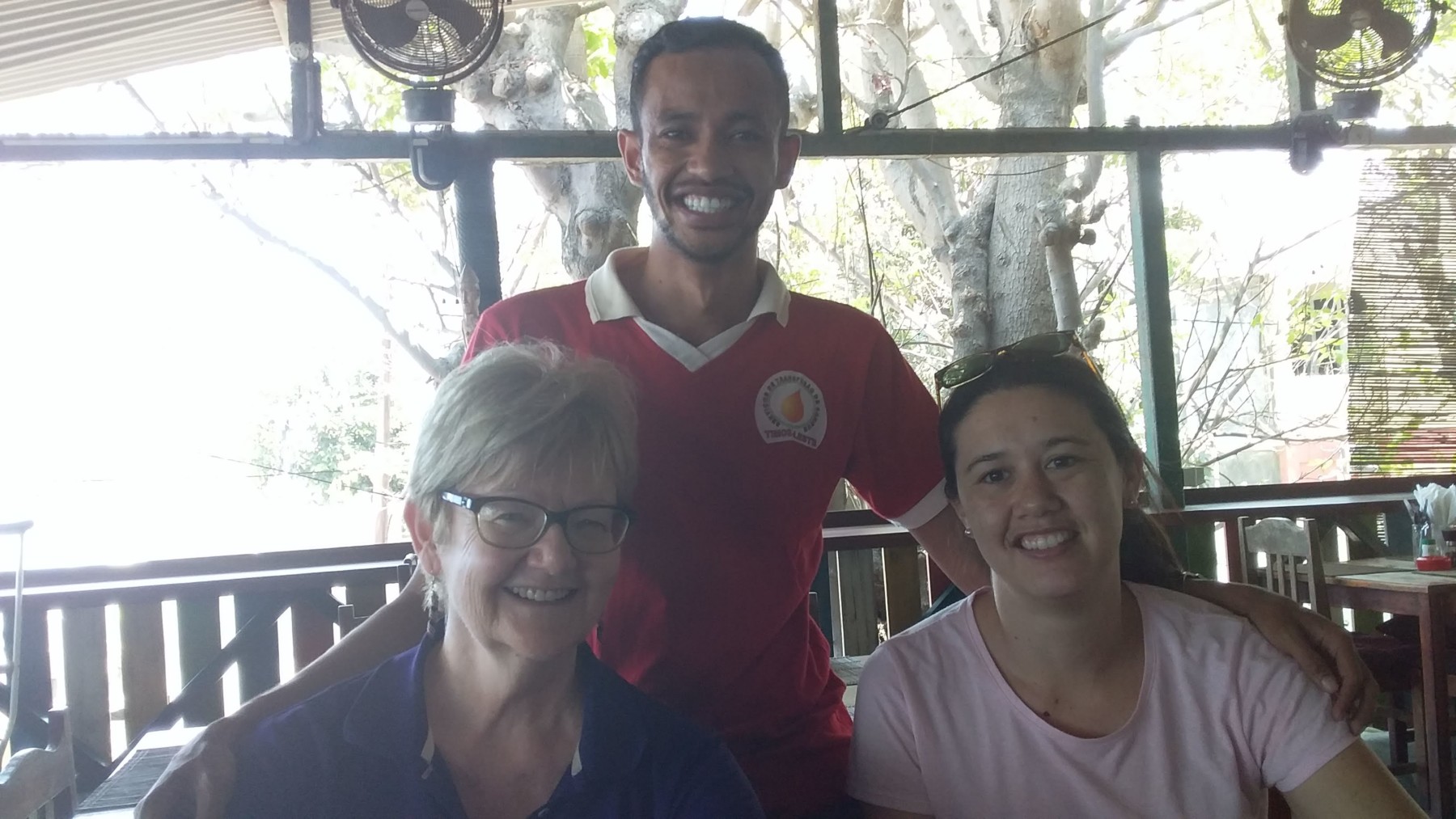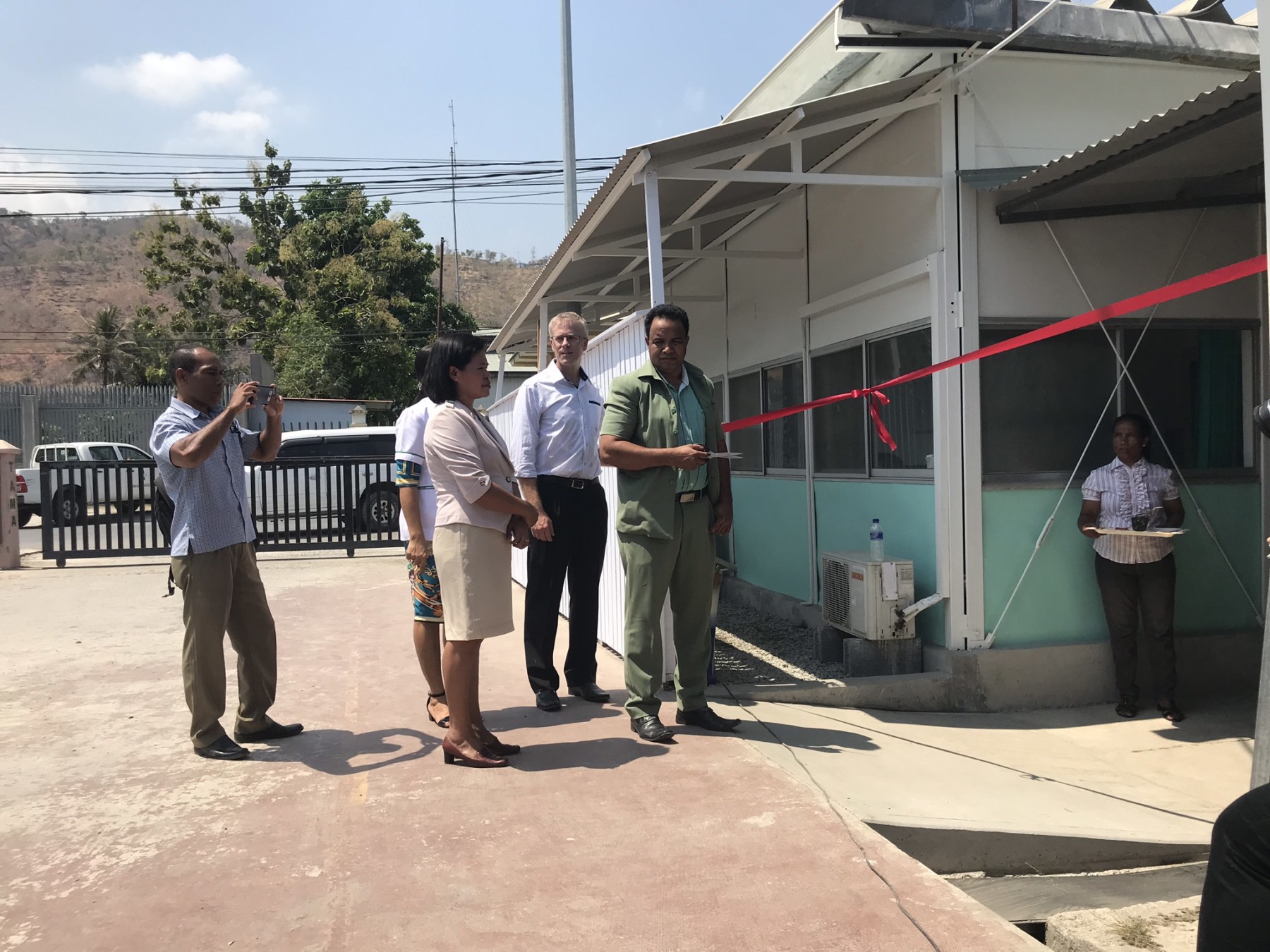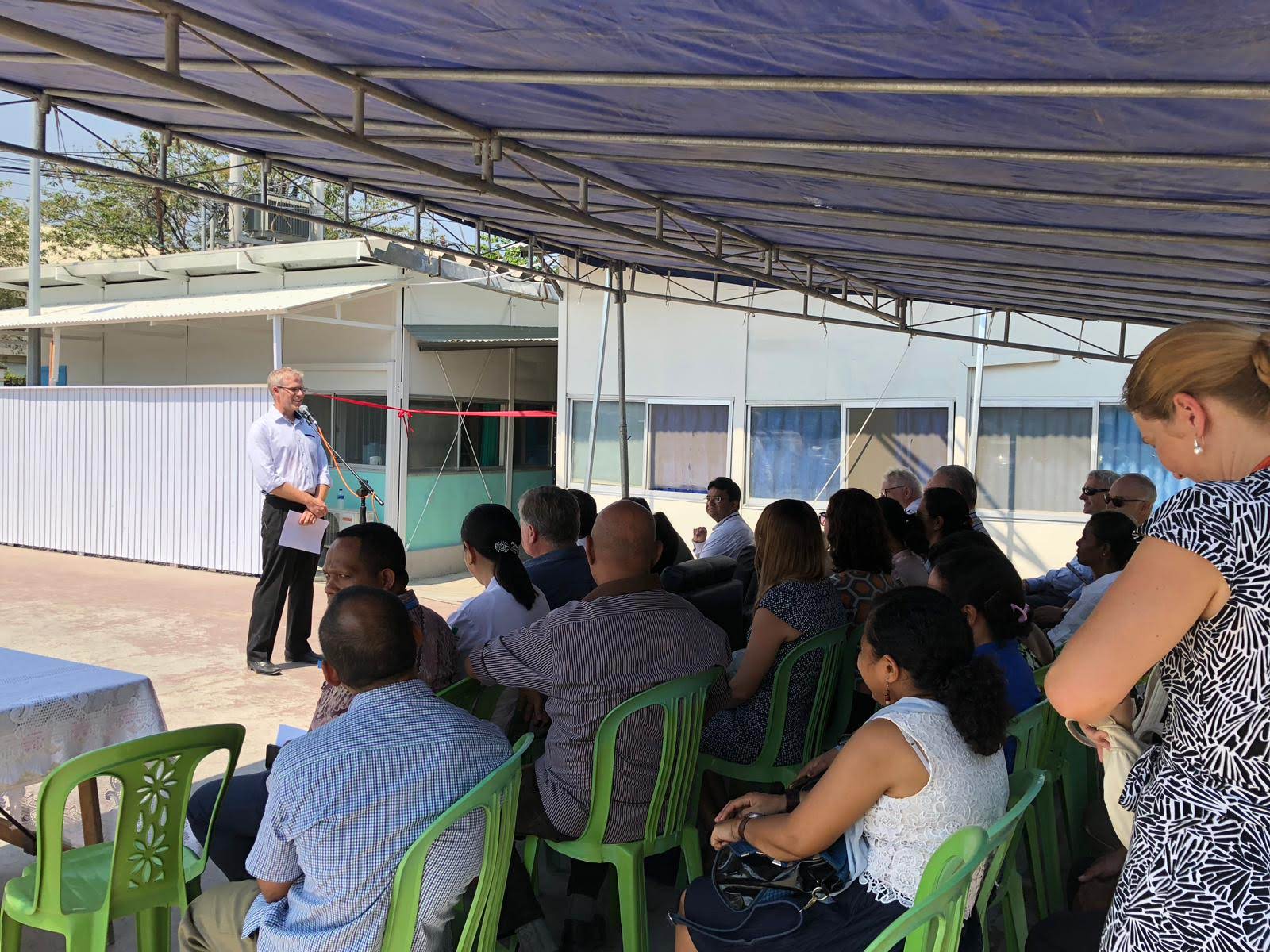In the 1980’s HIV/AIDS was considered a death sentence. It was an horrific epidemic that destroyed people from the inside out, devastating their immune system and leaving them vulnerable to diseases of every kind. People living with HIV endured terrible stigma, even from family and friends, and mostly ended their lives in misery. This is no longer the case today. HIV medications are now so advanced that a person living with HIV can enjoy a normal life expectancy and quality of life, and can also live without the risk of infecting others.
However, none of that applies if you don’t know you have HIV, or if you’re not taking the treatment. If that is the case, then you are still trapped in the 1980’s. Additionally, if you live in a country that still stigmatises and discriminates against people living with HIV, then you will also suffer extreme social isolation. Sadly, in Timor-Leste, fewer than half of the patients known to have HIV are on treatment.
The number of those living with undiagnosed HIV is unknown but is thought to be high. Stigmatisation and discrimination remain commonplace. The National HIV/AIDS Program in Timor-Leste is battling hard to address these challenges. They have reached out to Maluk Timor and invited us to develop and run a new HIV Care Centre within a government clinic in Dili.

Visiting doctors and staff work together
This is a tremendous opportunity to work in direct partnership with government HIV services: improving clinical care and supervising doctors, nurses and counsellors. We were determined to ensure that this new Centre would not only operated with the highest clinical standards, not only without stigma and discrimination, but also that it would become known as a place of dignity and hope, bringing restoration and the promise of a long and healthy life.
With a little help from some donors and enthusiastic volunteers (including some of the people living with HIV, our future patients), we converted a dilapidated UN Library into a thriving Care Centre which is now being feted as the national ‘centre of excellence’.
It will become the national focal point for HIV care into the future. Our Maluk Timor volunteer network includes five HIV specialists, one of whom is based in Dili, meaning we are ideally placed to lead the way in HIV care in Timor-Leste. We celebrated our official opening on 29th October, to a warm and grateful response from the Ministry of Health.
In time we will develop a team of local clinical staff who will become the national leaders in HIV care. We manage to run this HIV program at very low cost – in total, around US$50,000 per year ($A70,000). In Australia that employs one person in a health centre, while we are employing four staff, training three others, and covering the running costs of the health centre.
Presently we have to fund this from donations and appeals, which is time-consuming and relatively low yield. We see this program as an outstanding social investment opportunity: a genuine partnership with government that includes the provision of quality care, the training of local staff, and the opportunity to impact the future health of entire country: arresting a miserable epidemic in a country that has known more than its fair share of misery already.
This is an opportunity to bring restoration, dignity and make the hope of a long and fruitful life a reality to so many. What could be a better investment than that?



